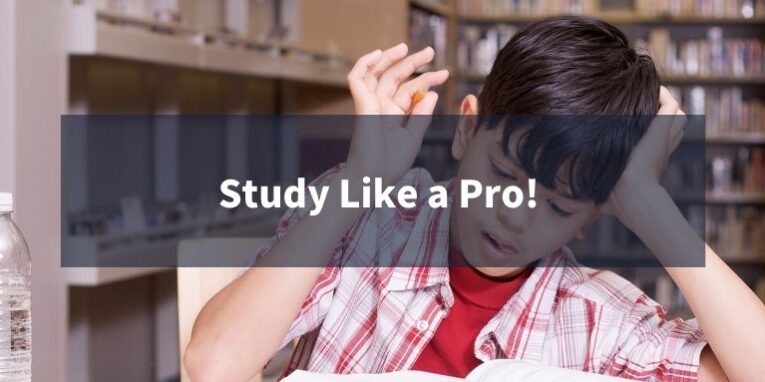Build Positive Study Habits – Valuable Tips from a UBC Elite
Thank Giraffe Learning’s instructor Boris who summarized these valuable study tips that he has been following throughout his academic journey.
Tip 4 – The Environment is Vital
The act of studying does not happen in a vacuum, so like with most things, the environment where this takes place deserves consideration. While it might be tempting to study from the comfort of a bedroom, this may not be ideal. This is especially so if that is the same room the student typically plays games or watches movies.
The student should avoid studying in an environment where they associate with entertainment or rest.
Instead, the student needs to prioritize working in a place free from distractions. This may not necessarily be a library, and could be simply any room besides the student’s bedroom or gaming room.

Tip 5 – Study in Groups
While studying alone is fundamental to learning, studying in groups also has its benefits. Studying independently allows more control over potential distractions. The student can give their undivided attention to the practice that they need. Particularly for introverts, this may be their preferred approach. However, studying in groups or independently should not be considered as mutually exclusive; the former is not necessarily an alternative approach but rather a complement to the latter. Each student of the group has the potential to provide a much needed fresh perspective to any complex concept. A student may better clarify or address specific questions as he or she may have encountered the same or similar problem first hand.

Moreover, this arrangement gives each student the unique opportunity to teach or explain the learning materials. This achieves a few important things. Instead of simply passively reviewing notes, this can help the student actively process the information in a more interactive approach. It can support the students organize and express the key ideas that are in a more communicable manner rather than just regurgitation. This point is progressively more relevant as the students pursue higher education as they would find themselves in an environment that often requires not only comprehension but also application, analysis, synthesis, and evaluation. As a result, the extent the students are able to successfully instruct serves as a litmus test reflecting their grasp of the material.








